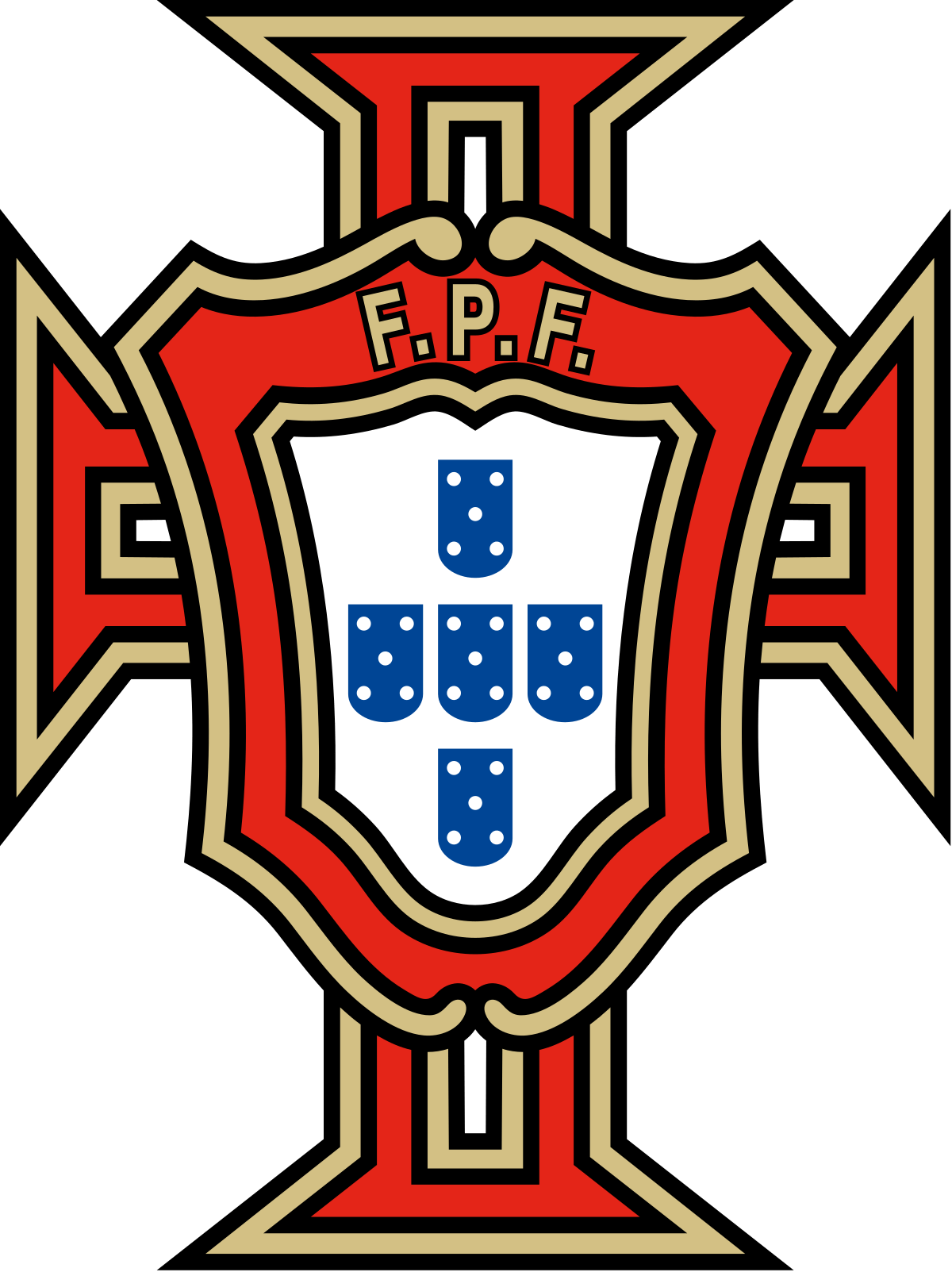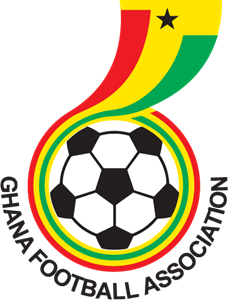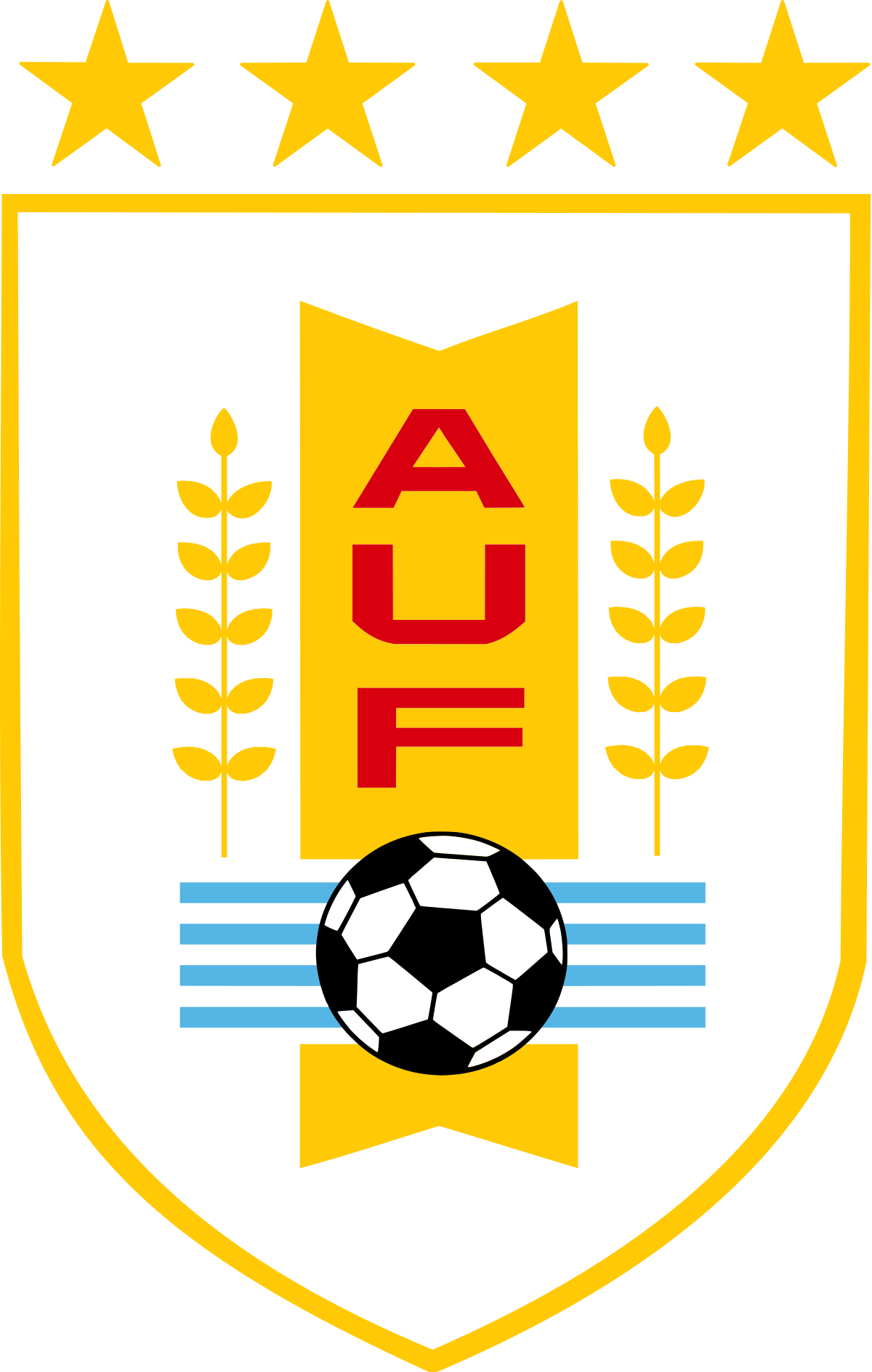
Portugal (A Seleção)
Third Place: 1 (1966)
Semi Finals: 1 (2006)
Round of 16: 2 (2010, 2018)
Group Stage: 3 (1986, 2002, 2014)
Current FIFA Ranking: 9
João Cancelo
Read More
Bernardo Silva
Read More
Cristiano Ronaldo
Read More
Fernando Santos
Read More
Group H Schedule
Game 1 – Thursday 24th November 2022

Ghana
19:00 Qatar Time/16:00 GMT
Stadium 974, Doha
Game 2 – Monday 28th November 2022

Uruguay
22:00 Qatar Time/19:00 GMT
Lusail Iconic Stadium, Lusail
Game 3 – Friday 2nd December 2022

South Korea
18:00 Qatar Time/15:00 GMT
Education City Stadium, Al Rayyan
Notable Honours
In addition to their Euro 2016 triumph, Portugal were runners-up in Euro 2004 on home soil. Portugal also won the inaugural Nations League Final in 2019 and attained a third-place finish in the 1966 World Cup.
Modest Beginnings
The Portuguese Football Federation was formed in 1914 with the intention of sending a representative team to play other associations under a national banner. The outbreak of the First World War interrupted this process, but Portugal were to play their first international friendly in 1921 – a 3-1 defeat against neighbouring Spain. A series of friendly internationals followed until Portugal entered the 1928 Olympic Games in Amsterdam. There, Portugal were surprisingly eliminated in the quarter-finals by Egypt – surprising in that Egypt lost their remaining matches by heavy scorelines.
Not invited to the first World Cup in Uruguay, Portugal’s attempt to qualify for the 1934 World Cup was disastrous as they suffered a heavy 11-1 aggregate defeat at the hands of Spain, including a 9-0 loss in Madrid. No further progress was made in 1938, as they were defeated by Switzerland 2-1. Due to the Second World War, few matches were played, and no World Cups were held in 1942 and 1946. It was in 1950 that Portugal were to face Spain again in a bid to qualify for their first World Cup. An improved showing ensued, but nonetheless, it resulted in a defeat 7-3 on aggregate. Unfortunately, 1954’s qualification bid represented regression, as Austria won 9-0 in the first leg and presumably barely made any effort in the 0-0 return leg.
Improvement Then Chile 1962 Disappointment
The 1958 qualification campaign showed tangible evidence of improvement from the Portuguese. Following a mediocre start involving a home 1-1 draw with Northern Ireland followed by a 3-0 reversal in Belfast, Portugal defeated Italy 3-0 on home soil. Despite the 3-0 defeat in the return fixture, this represented real progress. In 1960, Portugal participated in the first edition of the 1960 European Championship. Seeing off East Germany 5-2 on aggregate, they faced a strong Yugoslavia team in the second round who would go on to reach the final. Winning the first leg 2-1, Yugoslavia asserted their superiority in Belgrade with a 5-1 win to put the tie beyond reach. In qualification for the 1962 World Cup in Chile, Portugal were up against England and Luxembourg. The Portuguese started well, with a 1-1 home draw against England and a 6-0 victory against Luxembourg. Unfortunately for Portugal, things took a turn for the worse. They suffered a shock 4-2 defeat at the hands of Luxembourg in a match that featured legendary striker Eusebio’s first international goal. A 2-0 loss followed this in England.
First World Cup: England 1966
Further disappointment was to follow in the 1964 European Championship. Following an aggregate draw (4-4) with Bulgaria, a play-off was held in Rome, where the Portuguese suffered a 1-0 defeat thanks to a late Bulgarian goal. When qualification for the 1966 World Cup in England came around, Portugal were drawn in the same group as World Cup finalists Czechoslovakia, with only one qualification spot available. Starting with a comprehensive 5-1 victory over Turkey, which featured a Eusebio hat trick, Portugal won the return fixture in Ankara 1-0, with Eusebio again finding the net. In a crucial away match in Bratislava, Portugal emerged with a 1-0 victory, with Eusebio again underlining his importance to the team with a 20th-minute goal. Another win followed this time over Romania, with Eusebio scoring both goals in a 2-1 win. Portugal did enough to secure their passage to England with a 0-0 home draw against Czechoslovakia before losing 2-0 to Romania in a dead rubber match.
Drawn in Group 1 in the tournament proper, the Portuguese swept all before them. First up was a 3-1 win over Hungary, courtesy of a José Augusto brace and a 90th minute José Torres strike. A 3-0 victory over Bulgaria followed, with Eusebio recording his first World Cup goal. To secure their passage, Portugal swept aside double World Champions Brazil 3-1 thanks to efforts from António Simões (1) and Eusebio (2). A highly memorable quarter-final followed against surprise package North Korea who had reached this stage thanks to a famous 1-0 victory over Italy. Finding themselves 3-0 down after 25 minutes, Eusebio sparked an incredible turnaround, with Portugal leading 4-3 on the hour thanks to four Eusebio goals, then José Augusto adding a fifth.
Portugal now had to defeat hosts England to reach the final. Perhaps controversially, the fixture was moved from Goodison Park to Wembley at short notice. Eusebio, in particular, had something to say about it, characterising the move as ‘illegal’. However, FIFA reserved the right to amend fixtures, which certainly benefited the host nation. What followed was a brutal affair in which England attempted to nullify their opponents by any means necessary, relying on the talented Bobby Charlton to provide an attacking impetus. Everything came together for England in a 2-1 victory courtesy of two goals from Charlton. Eusebio managed to score to launch a fightback in the final 10 minutes despite being man-marked for the full 90 minutes, mainly by Nobby Styles. Eusebio won the Golden Boot with nine goals.
Some Poor Tournaments, But Also Euro 1984 Semi-Finalists
nfortunately, the next few years were characterised by a marked decline in results. Failing to qualify for the 1968 European Championship, Portugal were also undone in their attempts to reach the 1970 World Cup in Mexico. Following a promising start – a 3-0 home win over Romania – Portugal failed to win another game and finished last in their group. Portugal were to improve in time for Euro 1972 qualification but finished as runners-up to Belgium in a strong group also containing Scotland and Denmark.
Portugal were not to be seen at another major international tournament until Euro ’84 in France. In their qualification campaign, they recovered from a 5-0 reversal at the hands of the Soviet Union in their third game to set up a decider in the sixth and final group match in Lisbon. Portugal progressed thanks to a Rui Jordão first-half penalty, 1-0. Undefeated in a tough group after drawing with both Spain and West Germany, Portugal broke through in the 81st minute of their final group game against Romania as Nené found the net in the 81st minute. Spain defeated West Germany 1-0 to secure Portugal’s qualification to the semi-final.
A French side loaded with talent stood in the way of Portugal reaching the final at the first time of asking. Rui Jordão’s 74th-minute equaliser took the game to extra time, and in the 98th minute, the same player gave Portugal the lead. The French rallied and struck twice in the final six minutes, with Michel Platini scoring the decisive third goal. A forgettable World Cup appearance followed in 1986. Things started promisingly – they defeated England 1-0 in their group opener thanks to a goal from Carlos Manuel. However, a 1-0 defeat against Poland and a disappointing 3-1 loss at the hands of Morocco ensured they wouldn’t reach the knockout stages of their second consecutive major tournament.
Rise to Prominence and Hosting Euro 2004
Another lean period followed until 1996 when the Portuguese qualified for Euro ’96 in England. Containing a raft of household names including Luis Figo, Rui Costa, Paulo Sousa, Joao Pinto, and Fernando Couto, Portugal eased themselves through the first two group games before an impressive 3-0 victory over Croatia ensured their passage to the quarter-finals. Surprise package Czech Republic ended Portuguese hopes with a 1-0 win at Villa Park.
While Portugal failed in their efforts to reach France ’98 – their third consecutive failure to qualify for the World Cup, they were again represented in the European Championships in 2000. They won all three group games, including a 3-2 defeat of England from 2-0 down and a 3-0 victory over Germany featuring a hat trick from winger Sérgio Conceição. A Nuno Gomes brace was enough to see off Turkey (2-0) in the quarter-final to ensure they would face reigning World Champions France in the semi-final. Zinedine Zidane was to break Portuguese hearts by scoring a penalty in the 117th minute.
A strong showing in Euro 2004 followed an ignominious group stage exit in 2002. Portugal started slowly, succumbing to a surprise 2-1 defeat to Greece, which saw Cristiano Ronaldo score the first of many for Portugal. However, they won their remaining group games 2-0 and 1-0 against Russia and rivals Spain, respectively. A quarter-final against England ensued, and following a back-and-forth game which finished 2-2 after extra time, the Portuguese emerged victorious via a penalty shootout. Efforts from Ronaldo and Maniche against the Netherlands in the semi-final ensured that Portugal reached their first-ever major tournament final against group-stage opponents Greece. A resolute defensive performance from the Greeks and an extra time winner from Traianos Dellas produced a shock 1-0 victory for Greece. Portugal had their hearts broken on some soil.
Disappointing World Cups, But European Triumph
The 2006 World Cup saw Portugal reach another major tournament semi-final, with Zidane scoring another penalty against the Portuguese in the semi-final to record a 1-0 victory for France. Since then, Portugal have gone no further than the round of 16 (2010, 2018). They have, however, been somewhat more impressive in the European Championship. After a quarter-final appearance in 2008, Portugal went on to reach the semi-finals in 2012. A brace from Ronaldo in the final group game against the Netherlands and a late winner against the Czech Republic from the same man led Portugal to face Spain in the semi-finals. However, they were eliminated on penalties.
In France in 2016, Portugal overcame a mediocre group stage where they were in danger of elimination in the final game when Nani and Ronaldo combined for three goals to salvage a 3-3 draw with Hungary. Thanks to a narrow 1-0 extra time victory over Croatia, where Ricardo Quaresma scored in the 117th minute, Portugal then defeated Poland on penalties following a 1-1 draw. They then saw off surprise package Wales 2-0 in the semi-finals, with Nani and Ronaldo strikes again proving decisive. Famously, Ronaldo was injured and replaced during the final, where they faced a talented French side who had rarely been troubled in the tournament until this point. Indeed, the hosts had registered an impressive 2-0 win over World Champions Germany in their semi-final. Portugal surprisingly lifted their first major international trophy thanks to an extra time effort from striker Eder.
Portugal suffered a round of 16 elimination by Uruguay in Russia. However, Ronaldo did score a famous hat-trick in the group stage against Spain. A 1-0 defeat at the hands of Belgium in the last 16 of Euro 2020 then ended the defence of their European title. Portugal also won the inaugural Nations League final in 2019, a competition designed primarily to replace uncompetitive friendlies. They travel to Qatar with question marks but a talented squad looking to live up to their potential.
Road to Qualification
UEFA Group A: 2nd
Record: Played:8 W:5 D:2 L:1 F:17 A:6 GD:+11 Points:17
Play-offs: Portugal 3-1 Turkey, Portugal 2-0 North Macedonia
Date of Qualification: 29th March 2022
Very comfortable for Germany, with the only blemish being a shock 2-1 loss at home in Duisburg to North Macedonia on matchday three. They kept seven clean sheets in ten games, including home annihilations of Iceland (3-0), Armenia (6-0), and minnows Liechtenstein (9-0). Romania were the sixth team in the group. Qualification had been a formality, and they were the first team to qualify (other than hosts Qatar who qualified automatically) with a month to spare. Thirty-six goals scored was the second highest for any European team in qualification, only England registered more with 39. The debate will rage on over whether smaller nations such as Armenia and Liechtenstein should compete alongside heavyweights like Germany in qualification or if there should be a pre-qualifying process. However, for the moment, the Germans and other top nations generally ease through the UEFA segment of qualifying. Serge Gnabry, Ilkay Gundogan, and Timo Werner all scored five goals each in qualification, whilst Leroy Sane scored four. The group doesn’t tell us much about Germany’s prospects in the tournament proper, but they will hope to keep their scoring boots on.
Meet the Coach: Fernando Santos (age 68)
As Portugal’s most successful national coach with a European Championship (2016) and UEFA Nations League (2019) to his name, Santos and his men will be looking to improve upon a few recent World Cup disappointments. As a club favourite, Santos restored Estoril’s Primera Liga status in 1991 before moving on to Estrela Amadora, where he maintained their top-flight status. A move to Porto beckoned, and he secured the double in his first season in charge, winning both Primera Liga and Taça de Portugal titles in 1999. Santos moved to AEK Athens in 2001, where his team pushed a strong Olympiacos side all the way in the Alpha Ethniki, finishing 2nd on goal difference while lifting the Greek Cup in the same season. Following a short stint at Panathinaikos, a return to Portugal was on the cards to manage Sporting, where a 3rd place league finish resulted in Santos’s exit.
AEK Athens came calling again, and despite not securing the Greek title during three seasons in charge, Santos was able to secure Manager of the Year in 2005. Perhaps this was in recognition of the difficulties of competing with Olympiacos during this time. A return to Portugal, this time with Benfica, ended with his dismissal shortly into his second season with the club in harsh circumstances. Benfica had pushed Porto in the previous season and finished only two points behind but sold their top scorer and captain, Simão, in pre-season.
Another spell in Greece ensued, this time with PAOK, with the highlight of his tenure being a second-place finish in 2010. A four-year spell with the Greek National team followed, during which Santos reached the last eight of Euro 2012 and, for the first time, took Greece into a World Cup knockout round in 2014, where they lost on penalties to Costa Rica. Santos will be hoping to build upon his successes mentioned above with Portugal.
Possible Starting XI and Style of Play

Tactically, Portugal have many options. They may opt for William Carvalho to protect the back four against stronger opposition. Alternatively, they may push Bruno Fernandes further forward and play another central midfielder, such as Ruben Neves, in Carvalho’s place against less illustrious opponents. It is also possible that Carvalho or another defensively-minded midfielder will be a constant presence in order to unlock the attacking prowess of Portugal’s fullbacks, who will provide the width. Veteran defender Pepe should be in contention to start in what could be his final World Cup campaign. Certain players, such as Manchester City’s impressive trio Joao Cancelo, Ruben Dias and Bernardo Silva, almost pick themselves. Cristiano Ronaldo will likely be given the opportunity to lead the line, but he will need to improve upon his patchy club form to keep the role during the tournament. Fernandes and Joao Felix will add creativity and an extra goalscoring punch in the absence of Diogo Jota, although Felix has yet to register this season. Overall, this is a team capable of playing some exciting football.
Squad List
Goalkeepers: Diogo Costa, Jose Sa, Rui Patricio
Defenders: Diogo Dalot, Joao Cancelo, Danilo Pereira, Pepe, Ruben Dias, Antonio Silva, Nuno Mendes, Raphael Guerreiro
Midfielders: Joao Palhinha, Ruben Neves, Bernardo Silva, Bruno Fernandes, Joao Mario, Matheus Nunes, Vitinha, William Carvalho, Otavio
Forwards: Cristiano Ronaldo, Joao Felix, Rafael Leao, Ricardo Horta, Goncalo Ramos, Andre Silva
Key Players
João Cancelo
Date and Place of Birth: (27.05.1994, Barreiro)
Current Club: Manchester City
Caps/Goals: 37/7
Long regarded as one of Europe’s most promising and then premier fullbacks, Cancelo was noted for his ability going forward. He possessed excellent technique, which, paired with great decision-making in the final third and the ability to beat his man, routinely led to excellent opportunities for crossing and occasionally to a goalscoring opportunity. He was, however, known for making some defensive mistakes by neglecting that side of his game. Under Pep Guardiola at Manchester City, he has mostly eliminated these concentration errors. Cancelo is used as a hybrid fullback and central midfielder, almost as an attacking midfielder in the final third, making the most of his attacking abilities. Playing on the left-hand side allows him to cut inside on his favoured right foot to unlock further creative and goalscoring opportunities. This might be something for Santos to consider.
Bernardo Silva
Date and Place of Birth: (10.08.1994, Lisbon)
Current Club: Manchester City
Caps/Goals: 72/8
Bernardo Silva is an incredibly hard-working yet technically gifted player who could be characterised as a manager’s dream. Capable of playing anywhere in midfield, including the wide positions, Silva’s versatility will offer the ability for Portugal to take advantage of opposition weaknesses more efficiently than many other teams. While he can beat his man and make runs with the ball at his feet into the box, Silva normally prefers to let the situation dictate his approach. He is considered an unselfish player at the expense of padding his stats. With his intelligent decision-making and excellent vision, we can expect to see Silva at the heart of much of Portugal’s build-up play.
Cristiano Ronaldo
Date and Place of Birth: (05.02.1987, Funchal, Madeira)
Current Club: Manchester United
Caps/Goals: 191/117
Enough has been written about Ronaldo’s decline over the last few seasons to constitute a collective opus. He has been relegated (mostly) to the substitutes bench at Manchester United. Indeed, he only has two goals in his last seven international appearances and two in 12 appearances in all competitions at club level this season. It is perhaps fair to say that a player who (sometimes unjustifiably) is heavily criticised for his lack of involvement in build-up play or defensive workload should be producing far more in front of goal to justify his continued selection. Nevertheless, he has had a stellar career which saw him establish himself as a five-time Ballon d’Or winner and one of the best players ever by breaking numerous goalscoring records for Real Madrid and Portugal. Indeed, he prolonged his career at the top by changing his style of play from a more marauding attacking midfielder/striker hybrid to more of a goal poacher. Portugal hope Ronaldo’s recent struggles result from off-field issues and poor form instead of a terminal decline.
